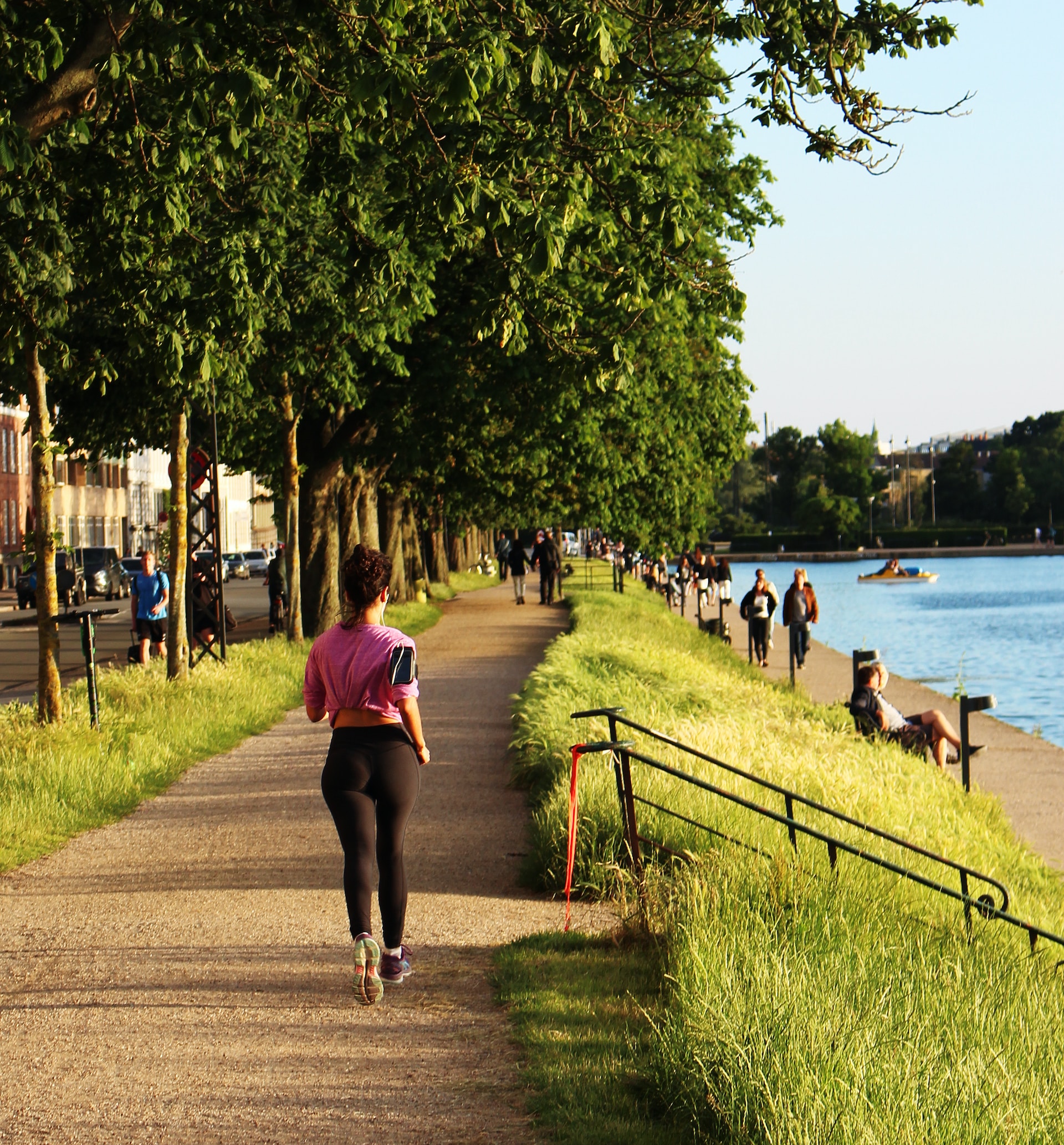“In the gentle cadence of your breath and the mindful steps you take, find the sanctuary where stress dissipates. Mindfulness is not just a practice; it’s a compass guiding you to the peace within, a serenade to the soul in the symphony of the present moment.”
In our fast-paced and often chaotic world, stress has become a common companion. The good news is that mindfulness, a practice rooted in ancient traditions, offers a powerful antidote to stress. In this comprehensive blog, we’ll explore the concept of mindfulness, its benefits for stress reduction, and provide you with ten practical mindfulness exercises that you can start using today to ease your stress and find tranquility in the midst of life’s challenges.
Understanding Mindfulness and Stress
The Foundation of Peace
Mindfulness is a powerful tool for alleviating stress, but before we dive into the practical aspects, let’s lay the groundwork:
What Is Mindfulness: Mindfulness is the practice of bringing your attention to the present moment without judgment. Originating from ancient contemplative traditions, it has evolved into a secular practice embraced worldwide for its profound impact on mental well-being.
The Stress Epidemic: In today’s fast-paced world, stress has become an epidemic affecting both our physical and mental health. We’ll explore the pervasive nature of stress and its implications, setting the stage for how mindfulness can be a transformative antidote.
The Benefits of Mindfulness for Stress Reduction
The Science of Serenity
Now, let’s delve into the scientific evidence behind mindfulness as a stress-reduction tool:
Stress Reduction Mechanisms: Explore how mindfulness alters the brain’s stress response. We’ll uncover the neurological changes that occur when one engages in mindfulness practices, highlighting its impact on stress regulation.
Improved Emotional Regulation: Discover the role of mindfulness in managing overwhelming emotions. By fostering emotional awareness, individuals can respond to stressors with greater resilience and composure.
Enhanced Overall Well-Being: Unpack how mindfulness contributes to a balanced, happier life. From improved sleep to increased feelings of contentment, we’ll explore the holistic benefits that mindfulness brings to overall well-being.
The Mindfulness Exercises
Practical Techniques for Stress Reduction
Here lies the heart of our journey, where we’ll explore ten mindfulness exercises to ease stress:
- Breath Awareness Meditation: A simple yet effective practice to calm your mind and body, focusing on the natural rhythm of your breath.
- Body Scan Meditation: A technique to relax your body and identify sources of physical tension, promoting a sense of bodily awareness and release.
- Mindful Walking: Transform a simple walk into a mindful exercise for stress relief, grounding yourself in each step.
- Guided Imagery: Use visualization to create a peaceful mental retreat, fostering relaxation and reducing stress.
- Loving-Kindness Meditation: Cultivate compassion and kindness for yourself and others, promoting a positive mindset.
- Mindful Eating: Transform your daily meals into opportunities for mindfulness, savoring each bite with full awareness.
- Gratitude Journaling: Focus on positive aspects of your life to counteract stress, cultivating a sense of gratitude.
- Sensory Awareness: Engage your senses to stay present and reduce anxiety, appreciating the world around you.
- Body Movement Mindfulness: Incorporate yoga or tai chi into your routine, combining movement and mindfulness for stress reduction.
- Technology Detox: Strategies for reducing the stress caused by constant connectivity, fostering a healthier relationship with technology.
How to Incorporate Mindfulness into Your Daily Life
Making Mindfulness a Habit
This section offers practical guidance on seamlessly integrating mindfulness into your daily routine:
Morning and Evening Rituals: Suggested mindfulness practices to start and end your day, setting a positive tone for each morning and promoting relaxation before bedtime.
Stress-Trigger Awareness: Identifying common stress triggers and using mindfulness to manage them. We’ll explore practical strategies for recognizing and navigating stress-inducing situations with mindfulness techniques.
This comprehensive guide aims to provide not only a theoretical understanding of mindfulness but also actionable steps to make it an integral part of your stress management toolkit.
The practice of mindfulness offers a profound path to managing stress and finding peace in the midst of life’s challenges. By understanding the foundations of mindfulness, the scientific evidence supporting its effectiveness, and by implementing these ten mindfulness exercises, you can experience the transformative power of mindfulness in your life. Stress may be a constant companion, but with mindfulness, it doesn’t have to control your well-being. You have the tools to ease your stress and discover a more serene, balanced existence.
